Menu
Secure your spot NOW. Hurry. Limited spots!
[et_pb_section admin_label=”section”]
[et_pb_row admin_label=”row”]
[et_pb_column type=”4_4″][et_pb_text admin_label=”Text”]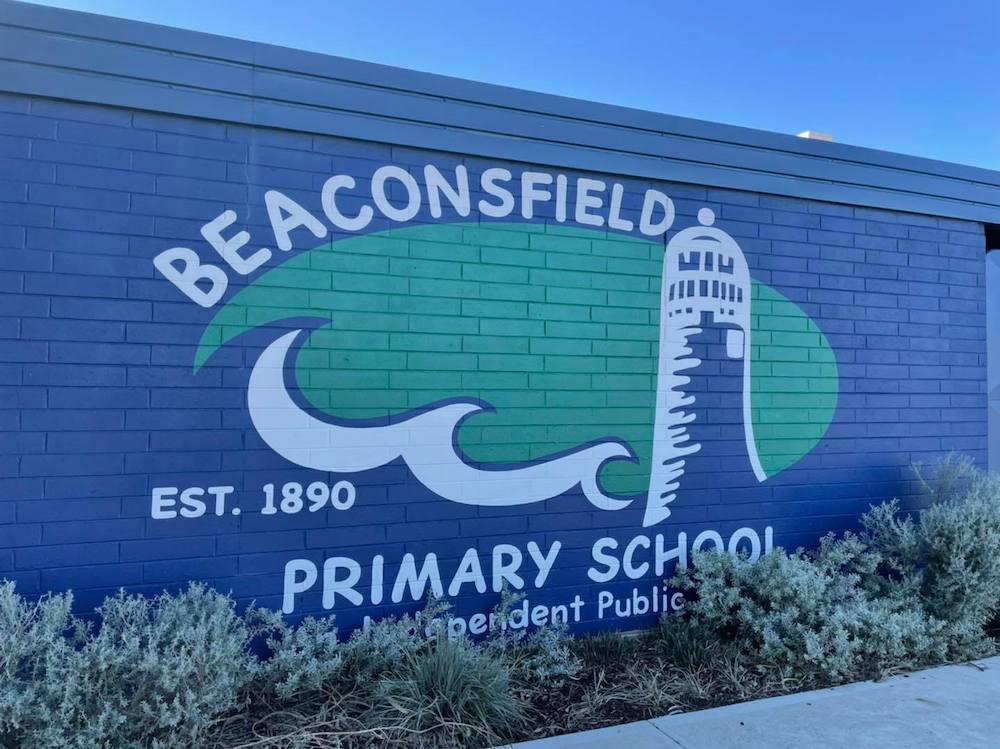
Yogazeit, “YogaTime”, is committed to providing evidence based Mindful Movement Programs (MMP’s) to teachers and students in Western Australia. Offering mini brain breaks to children within the school setting supports
MMP’s are a whole of life skill set that teachers can also perform for themselves at school and at home to increase their mental health and well-being.
Educational reforms and the movement toward evaluation of school performance through student testing have amplified psychosocial demands on children1 and increasingly schools are seeking to improve social and emotional learning (SEL) programs, which reduce stress while addressing psychosocial development. Stress is an important and potentially malleable factor in the health of children,2 and school-aged children report having numerous stressors in their day-to-day experience, including such concerns as poor academic performance, peer exclusion and social pressure, being bullied or teased,3 and homework.4,5 The stress caused by these day-to-day events may have an impact on children’s health that lasts into the future6,7 leading to anxiety and other health concerns. Equipping children with coping strategies may allow them to better deal with these stressors and prevent impact on future health.8,9
In 2021, Yogazeit teamed up with researchers from Murdoch University and Beaconsfield Primary School, an independent public Primary School in Western Australia, to study the impact of Yogazeit’s uniquely developed MMP’s over the course of a whole year.
The focus of the Mindful Movement Program are short, 5-15min classroom based brain breaks to support social emotional learning, mental health and physical and social health outcomes. While aligned to the Australian School Curriculum, these brain breaks can be implemented at the teacher’s discretion to support transitions (taking a breath in between lessons), to activate learning (movement and oxygen intake), to regulate emotions (checking in how we’re feeling to use breath and movement to regulate) or as a reward (yoga game to foster play).
Yogazeit offered the teachers Professional Development (PD) Training in January and again in week 10. In the PD sessions, teachers were educated and empowered to learn accessible, easy-to-use, curriculum aligned classroom based Yoga and Mindfulness skills. They received a curriculum and resources to help apply activities in the classroom and, importantly, for themselves at home.
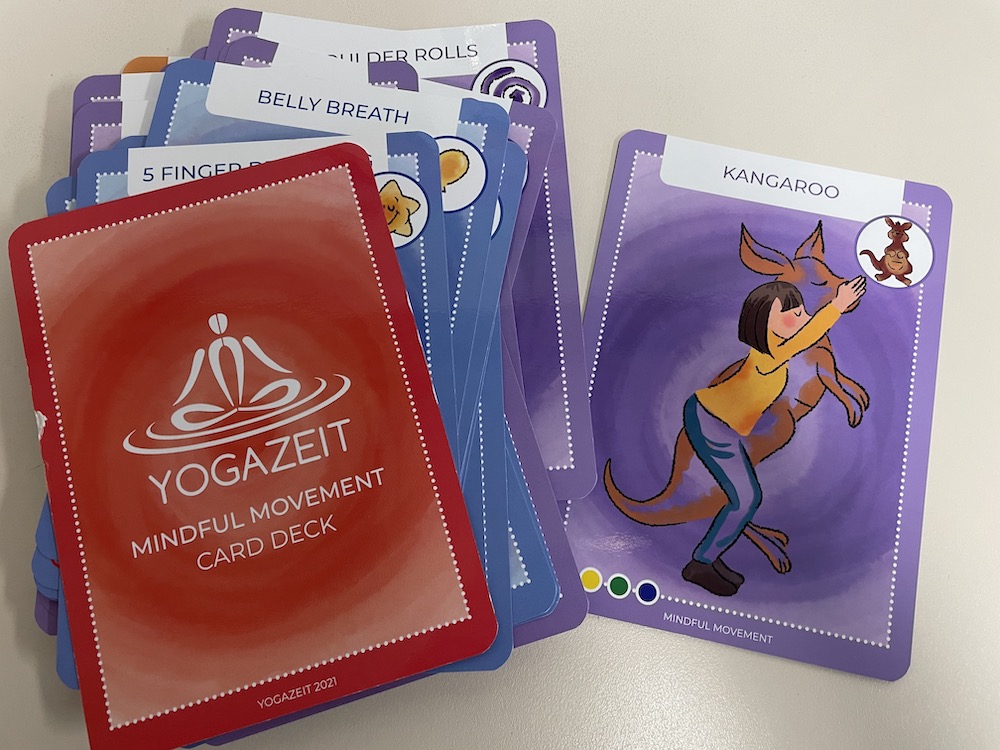
Pictured: Teachers welcomed the option to receive a Mindful Movement Card Deck to support learning and engagement in the classroom. These cards were aligned with the Zones of Regulations and included teaching instructions and benefits on the back of the cards.
Teachers learnt movement, breathing and relaxation techniques that could be used on the mat or chair. Age appropriate, trauma-informed Yoga and Mindfulness activities for children ranging from kindergarten to Yr 6 were presented.
“Thank you so much Yogazeit! A number of staff have commented that this was one of the best PD’s they’ve been involved in”. Kirsten Dicker, Principal Beaconsfield Primary School (following the PD in January 2021)
Beaconsfield Primary School leadership embraced the program and offered three further skills – or tools – to support teachers and students. Principal Kirsten Dicker invited all teachers and staff to provide:
“One of the biggest achievements as part of the program was for us to make the Mindful Movement Education sustainable. Only after one term (which kicked off with a COVID-19 lockdown),” says Regina Cruickshank, CEO of Yogazeit, “we saw students from culturally and linguistic diverse classrooms, who have learned English as a second language, lead and guide their student peers and teachers in breathing activities. Seeing the kids confidently standing in front of their peers, happy and calm showcasing their skills and mindful movement techniques, has been super rewarding”.
Regina says, this program has the potential to change Mental Health outcomes in schools across Australia. The two-way learning and engagement, the alignment to the Australian Curriculum and the customised Australian activities (such as Kangaroo for the traditional ‘chair yoga’ pose), make this program unique, fun and real.
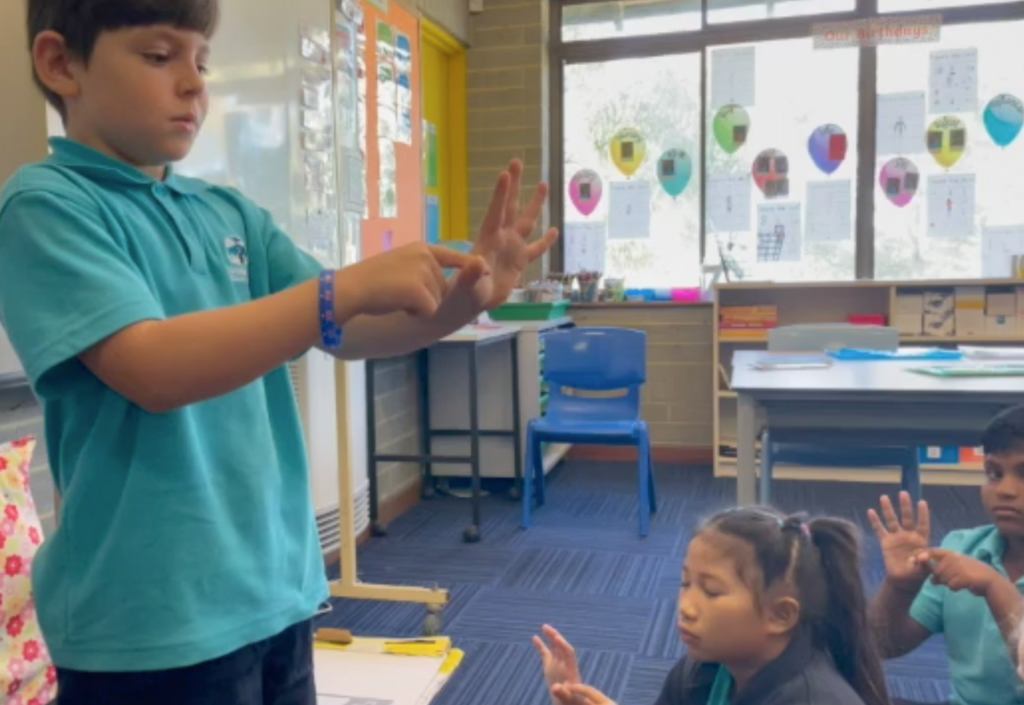
“The program benefited all involved. My class enjoyed the sessions tremendously even if it was for only 5mins after recess or lunch or in between lessons. It gave them the opportunity to settle quickly tune in to their breathing and positive thoughts.” Teacher, Beaconsfield Primary School.
Students embraced the MMP’s, sharing their skills as a whole school assembly item – celebrating International Yoga Day and the importance of Mindfulness and Movement for resilience, stress management and mental health.
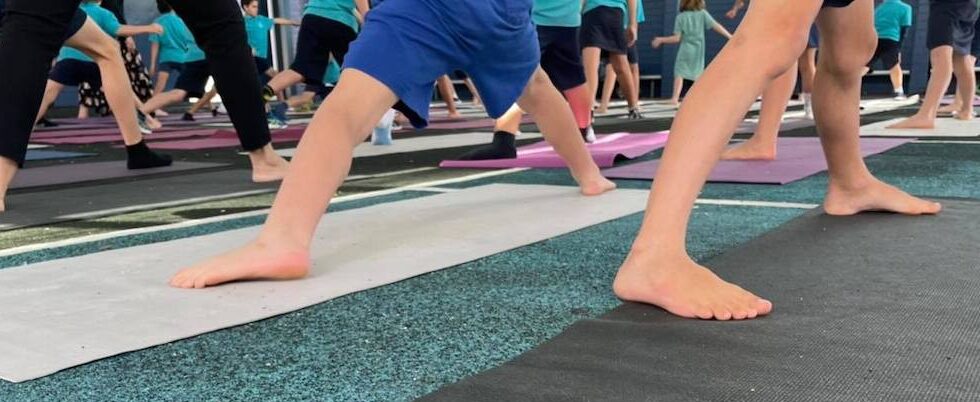
By the end of week 10, teachers from kindergarten to Yr 6 reported the benefits to be:
Teachers completed three surveys during the year to assess the program.
“Mindful Movement is going well, even our new staff have taken it on in the mornings so it’s still happening across the school.” Chris John, Principal Beaconsfield Primary School 2022
The teaming up with Murdoch University allowed Yogazeit to understand potential barriers (e.g. time and/or resources) in implementing Mindfulness and Mental Health initiatives at school. The final end of year evaluation in December 2021 allowed for a whole year review of the MMP. Teachers rated the program as a success. For students, teachers rated the program as following:
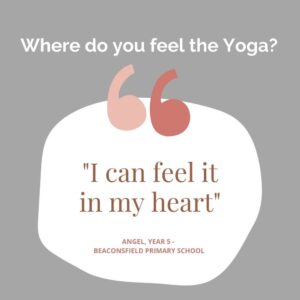
****************************
Yogazeit is offering a Mindful Movement: Tools for Teachers training session on March 21. Tickets can be purchased by following the link
https://events.humanitix.com/mindful-movement-tools-for-teachers
Blog post with thanks to: Helen Doran-Wu, Yogazeit Volunteer.
*********************************************************
Is your workplace, school or health service interested in integrating Mindfulness and Movement to support mental health outcomes? Get in touch! We’d love to help!
[contact-form to=”admin@yogazeit.com.au” subject=”EOI – Mindful Movement PRogram”][contact-field label=”Name” type=”name” required=”1″][contact-field label=”Email” type=”email” required=”1″][contact-field label=”Phone Number” type=”text” required=”1″][contact-field label=”Name of School/Service/Organisation” type=”textarea” required=”1″][contact-field label=”Message” type=”textarea”][/contact-form]
References:
Hilton, A. (2022). Mindful Movement Program for Primary School Teachers: Program Evaluation. Murdoch University
1. Skybo T, Buck J. Stress and coping responses to proficiency testing in school-age children. Pediatr Nurs. 2007;33(5):410, 413–418. [PubMed] [Google Scholar]
2. White LS. Reducing stress in school-age girls through mindful yoga. J Pediatr Health Care. 2012;26(1):45–56. [PubMed] [Google Scholar]
3. Horowitz JA, Vessey JA, Carlson KL, et al. Teasing and bullying experiences of middle school students. J Am Psychiatr Nurses Assoc. 2004;10(4):165–172. [Google Scholar]
4. Ryan-Wenger NA, Sharrer VW, Campbell KK. Changes in children’s stressors over the past 30 years. Pediatr Nurs. 2005;31(4):282–288. 291. [PubMed] [Google Scholar]
5. Sharrer VW, Ryan-Wenger NA. School-age children’s self-reported stress symptoms. Pediatr Nurs. 2002;28(1):21. [Google Scholar]
6. Carter JS, Garber J, Ciesla JA, Cole DA. Modeling relations between hassles and internalizing and externalizing symptoms in adolescents: a four-year prospective study. J Abnorm Psychol. 2006;115(3):428–442. [PubMed] [Google Scholar]
7. Compas BE, Malcarne VL, Fondacaro KM. Coping with stressful events in older children and young adolescents. J Consult Clin Psychol. 1988;56(3):405–411. [PubMed] [Google Scholar]
8. Grant KE, Compas BE, Thurm AE, et al. Stressors and child and adolescent psychopathology: evidence of moderating and mediating effects. Clin Psychol Rev. 2006;26(3):257–283. [PubMed] [Google Scholar]
9. Rutter M. Implications of resilience concepts for scientific understanding. Ann N Y Acad Sci. 2006;1094(1):1–12. [PubMed] [Google Scholar]
10. Gotink RA, Chu P, Busschbach JJ, Benson H, Fricchione GL, Hunink MG. Standardised mindfulness-based interventions in healthcare: an overview of systematic reviews and meta-analyses of RCTs. PLoS One. 2015;10(4):e0124344. [PMC free article] [PubMed] [Google Scholar][/et_pb_text][/et_pb_column]
[/et_pb_row]
[/et_pb_section]








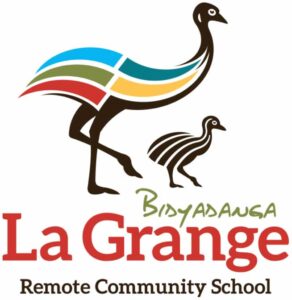
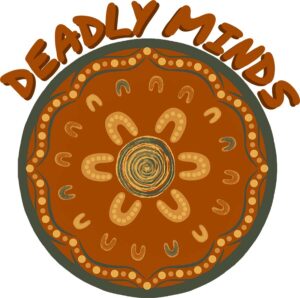
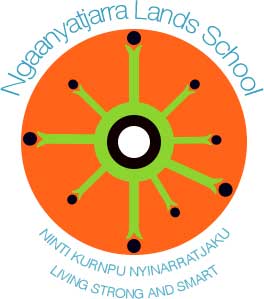
No spam – just event updates, breathing exercises and free meditation/mindfulness activities.
We won’t pass your details onto third parties. Promise!
© Yogazeit 2019–2023. All rights reserved.
View our Terms and Conditions and Policies and our Guiding Principles.
ABN: 62 631 658 305
Website designed by Eurisko with thanks and gratitude to Lotterywest Grants.
Yogazeit is taking a breathing space.
Any inquiries can be sent to admin@yogazeit.com.au.
We wish to acknowledge the traditional custodians of the land we are working and living on, the Whadjuk Noongar people.
We acknowledge and respect their continuing culture and the contribution they make to the life, education and mindfulness of this city and this region supported by the leadership of Noongar elders past, present and emerging.
We extend this acknowledgement and respect to all Aboriginal and Torres Strait Islander peoples across Australia.